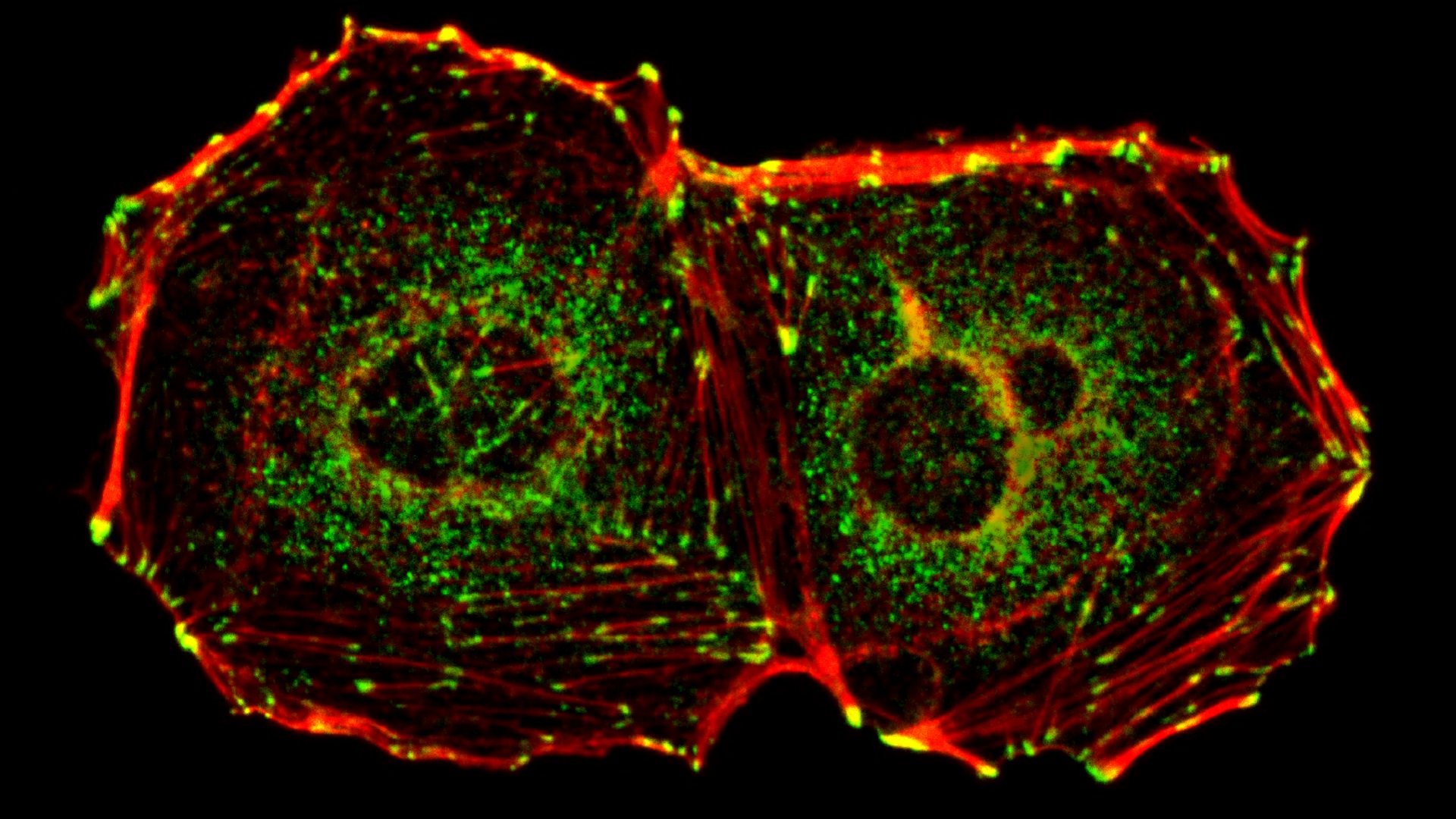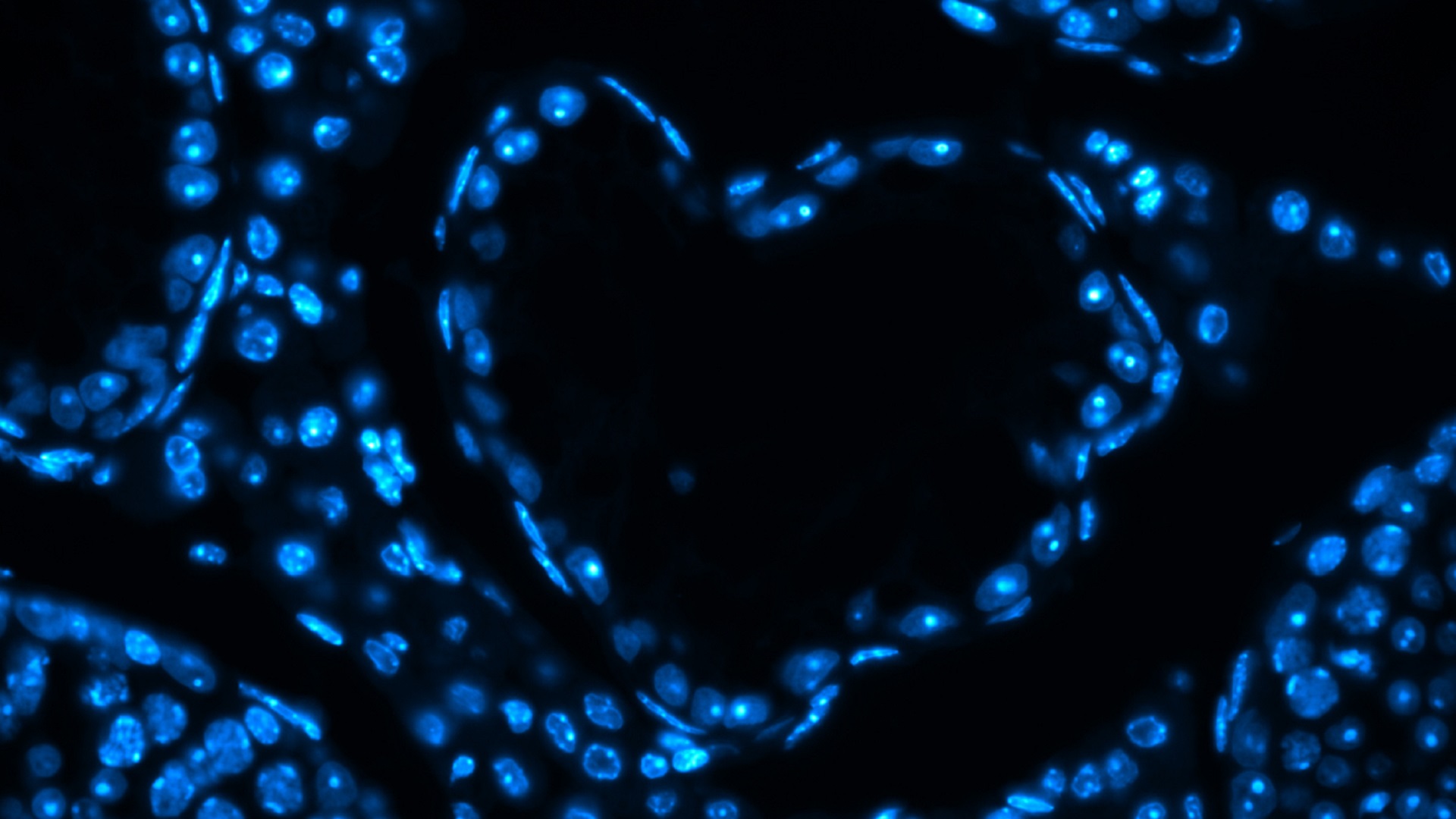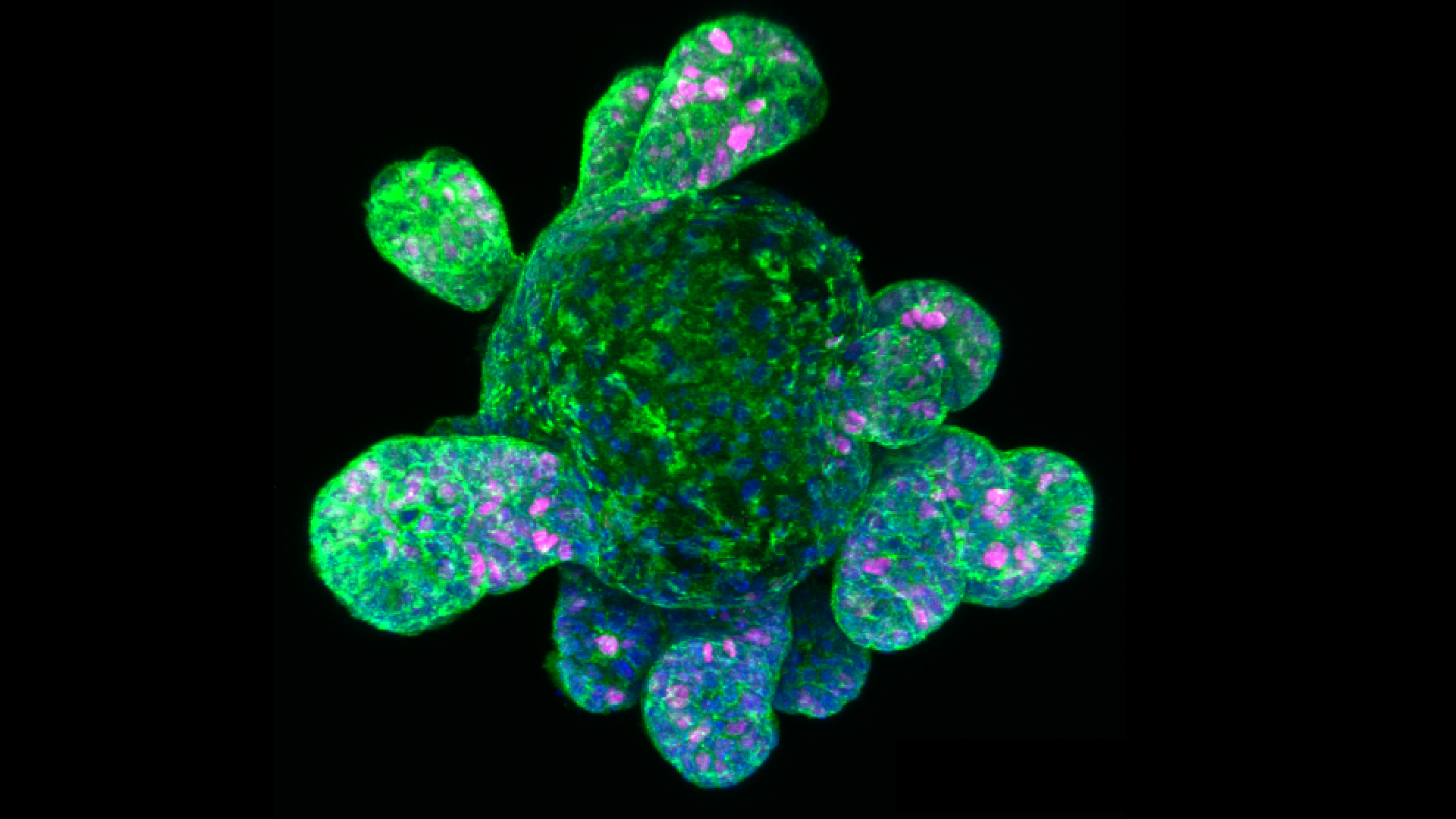Lines of research

Transmission of identity across generations
Transmission of identity across generations requires the maintenance and proper transmission of genetic information during cell division. To this end, the genome must be entirely replicated, and the resulting DNA molecules must be faithfully distributed to the daughter cells so that each one receives a complete copy of the genome. Here, we use complementary approaches in various model organisms to decipher how the genetic information is transmitted during cell division. In addition, we question the concept of transmission.

Integrity in response to stress and challenge
Homeostasis is seen as the optimal functioning condition for a living unit, in which a steady state is reached with a certain constancy of the immediate environment. This steady state is, however, persistently challenged by internal or external changes in the environment. Most changes can be considered as potentially harmful and detrimental, and we will tackle the response mechanisms that safeguard the steady state in “adversary” conditions.

Plasticity and changes in identity
Plasticity refers to the ability of a unit (for example a cell in biology, a material in physics) to change its phenotype or shape is response to change in its environment. In psychology and psychoanalysis, the potential success of treatment is based on the ability to distinguish between what is structural and what can be changed and undergo evolution and transformation. Here, we will tackle the mechanisms and consequences of this plasticity, from the molecular to the individual levels.
